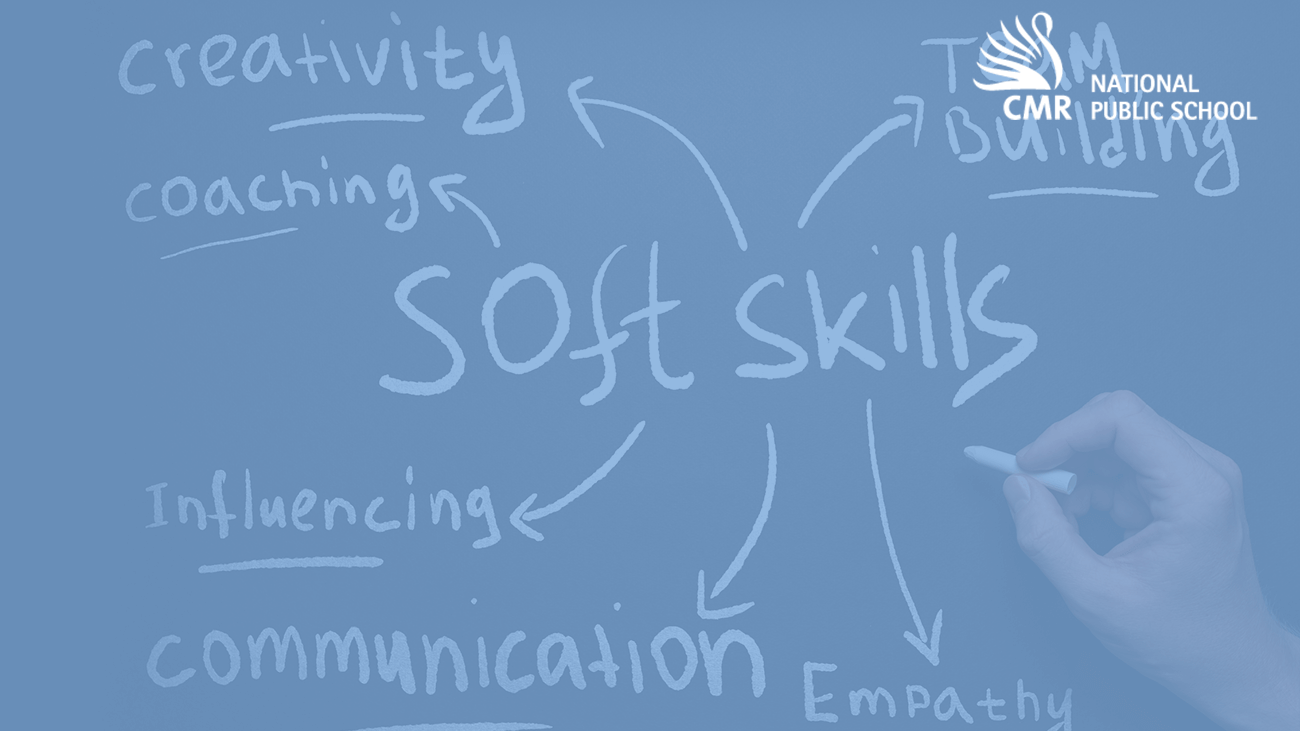As a parent or a teacher, you may have encountered some communication problems when it comes to discussing a child’s progress in school. Parent-teacher interaction is crucial in ensuring the success of the child’s academic journey. However, sometimes it can be challenging to establish a positive and effective line of communication between parents and teachers. In this article, we will explore nine ways to improve parent-teacher communication.
Schedule Regular Meetings: Set up regular meetings between parents and teachers to discuss the child’s academic progress, behavior, and any other relevant issues. This helps to build trust and open communication between both parties.
Use Different Communication Channels: In today’s digital age, there are many communication channels that teachers can use to communicate with parents, including email, phone calls, text messages, and even social media. Choose the communication channel that works best for both parties.
Be Clear and Concise: When communicating with parents, teachers should be clear and concise in their message to avoid any confusion or misunderstandings. To communicate clearly, it’s best to stick to the facts and avoid using jargon or technical terms.
Listen to Parents: Teachers should also listen to parents and take their concerns seriously. Encourage parents to ask questions and provide feedback on how their child is doing in school.
Share Resources: Teachers can share resources with parents that can help them support their child’s learning at home. This can include educational websites, reading lists, and other educational materials.
Celebrate Achievements: Celebrating a child’s achievements can help to strengthen the parent-teacher relationship. Whether it’s a good grade or a positive behavior change, make sure to acknowledge and celebrate it with the parents.
Be Proactive: Don’t wait for a problem to arise before communicating with parents. Teachers should be proactive and communicate regularly with parents to prevent any issues from arising.
Involve Parents in the Learning Process: Teachers should involve parents in the learning process by providing them with updates on what their child is learning in class and how they can support their child’s learning at home.
Use Positive Language: When communicating with parents, use positive language to reinforce their child’s strengths and encourage their progress. Avoid negative language that can damage the parent-teacher relationship.
In conclusion, parent teacher interaction is essential in ensuring the success of a child’s academic journey. By implementing these nine strategies, teachers can improve communication with parents, build trust, and create a positive learning environment for the child.


